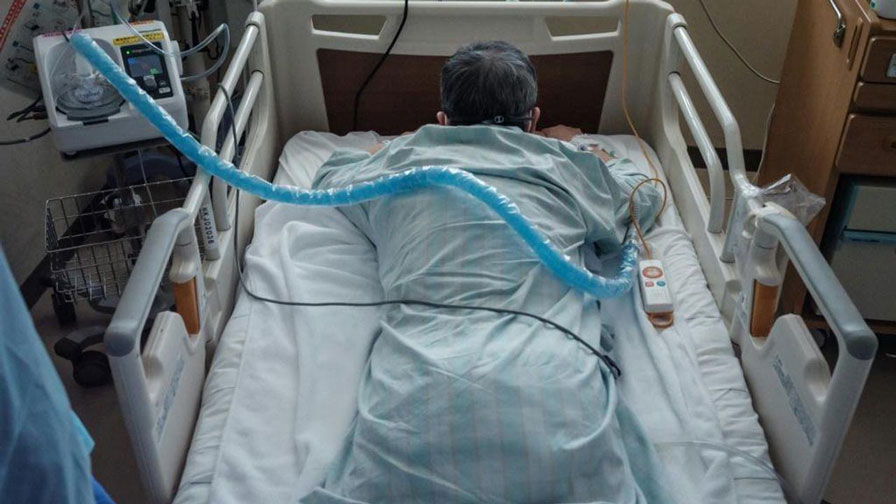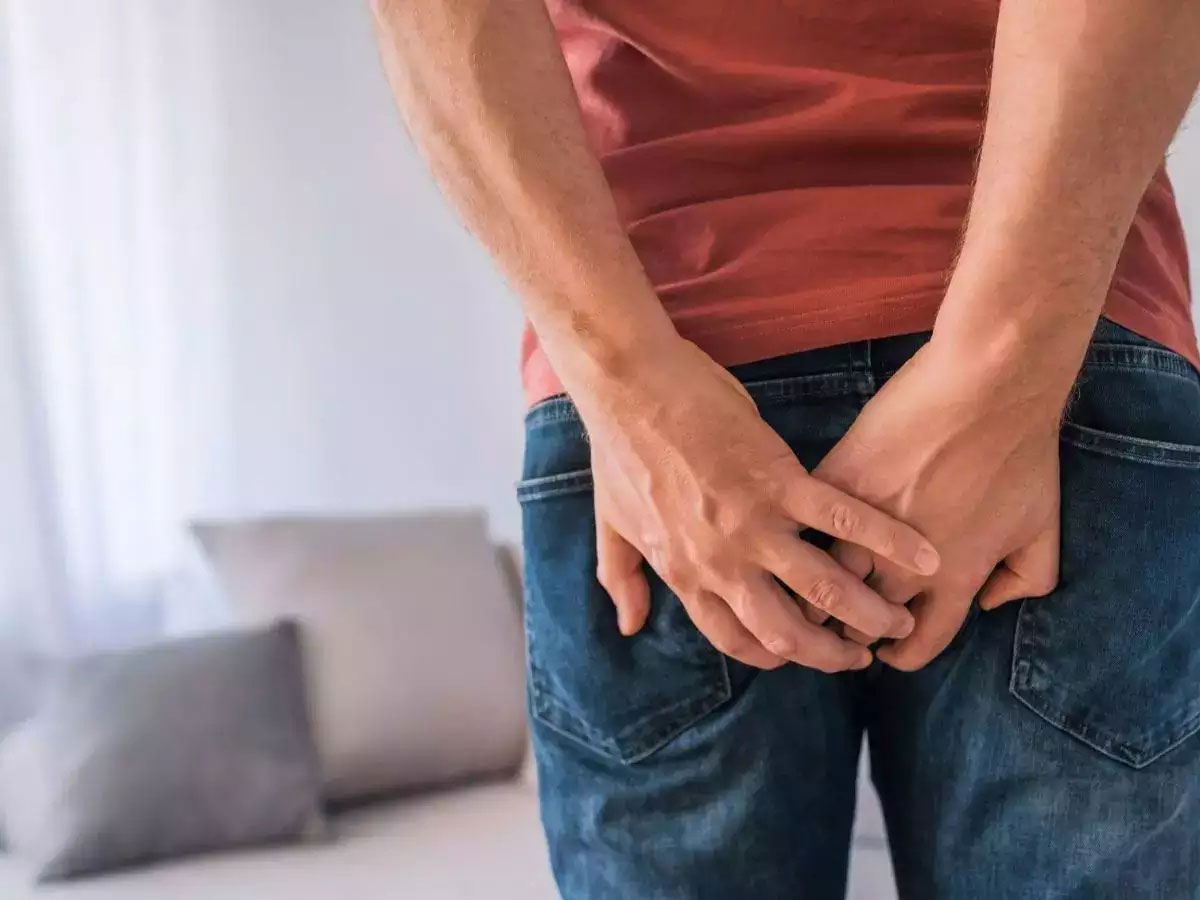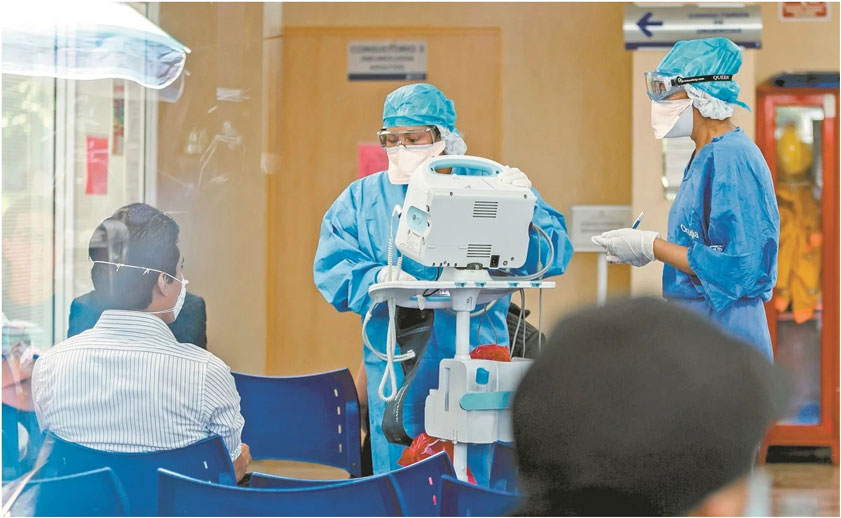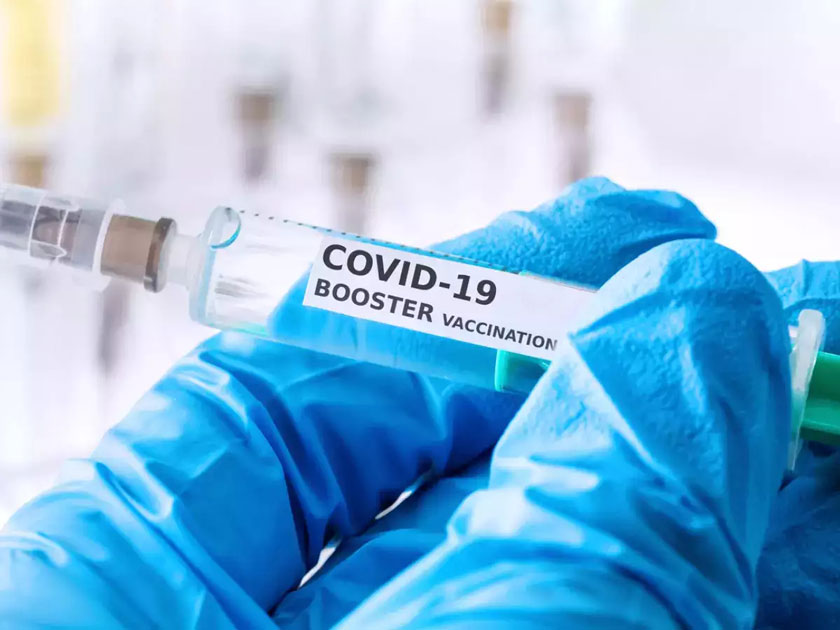Restless Anal Syndrome

A post COVID complication: Restless Anal Syndrome
Coronavirus or COVID-19 is known for its wide range of symptoms leaving a long-lasting impact on people infected with it. Long Covid-19 or post-Covid-19 syndrome has deeply impacted our lives in various ways. Symptoms ranging from persistent cough, fatigue to a continued loss of sense of smell and taste, and even rare symptoms like restless anal syndrome.
Recently, a 77-year-old man in Japan was diagnosed with a rare condition known as "Restless Anal Syndrome". This is associated with deep anal discomfort. This man was previously infected with Covid-19 and developed mild symptoms. It was reported that after weeks of recovery and testing negative for the virus the old man developed restless, deep anal discomfort. This was almost 10 cm from the perineal region.
The restless anal syndrome is believed to be a variant of restless leg syndrome (RLS), which has also been linked to a small number of COVID-19 cases. Similar to restless leg syndrome, the patient with restless anal syndrome feels a constant urge to use the bathroom.

Is Restless Anal Syndrome a Valid Symptom of COVID-19?
While you've probably memorized the main symptoms of COVID-19 by now, it never hurts to repeat them. These are the major signs of the virus to look out for, according to the Centers for Disease Control and Prevention (CDC):
Fever or chills
Cough
Shortness of breath or difficulty breathing
Fatigue
Muscle or body aches
Headache
New loss of taste or smell
Sore throat
Congestion or runny nose
Nausea or vomiting
Diarrhea
Specifically, COVID-19 infection may increase people’s urges to poop. This symptom is linked to a small number of Covid-19 cases.
In the recent case, the patient did not experience bladder or rectal disturbance or erectile dysfunction. Neurological tests were performed but doctors did not find any abnormalities and the patient had no family history of RLS or periodic limb movements.
Not much is known about this post COVID syndrome as only one case has been reported yet.

What are the symptoms of Restless Anal Syndrome?
As per the report published in BMC Infectious Diseases, although an old patient with COVID-19 improved to normal respiratory function 21 days after admission. However, the symptoms such as insomnia and anxiety remained. Several weeks after discharge, the old man gradually began to experience restless, deep anal discomfort, approximately 10 cm from the perianal region. This is believed to be a neurological, sensorimotor disorder, but a highly under-diagnosed disorder.
The doctors performed a colonoscopy, which revealed internal hemorrhoids without other rectal lesions. Several other tests such as neurological tests were also conducted. The findings include deep tendon reflex, perineum loss of sensory, and spinal cord injury revealed no abnormalities.

Is the condition a variant of restless leg syndrome?
As per the doctors and researchers, it was found that the symptoms shown by the patient were in accordance with those shown by patients with restless leg syndrome (RLS). Restless Leg Syndrome is a “common neurological, sensorimotor” disorder, which is triggered by the dysfunction of the central nervous system.
The symptoms of restless leg syndrome include the urge to move one’s leg continuously. The condition worsens if the body is at rest, which coincides with the symptoms of restless anal syndrome. Doctors consider that the post-Covid-19 complication associated with “deep anal discomfort” is an unusual variant of RLS. This syndrome typically has four distinguishing features:
You feel the urge to move your legs
Symptoms worsen with rest
Symptoms improve with exercise
Symptoms worsen during the evening.
It is not completely clear the reason behind restless leg syndrome. But it is believed is it caused due to central nervous system dysfunction. Another theory believes, an imbalance of dopamine in the brain may be the cause. Dopamine can play a role in controlling your muscle movement. But, the important question is how COVID-19 triggers restless anal syndrome. It is proven that severe acute respiratory syndrome coronavirus 2 (SARS-CoV-2) has shown that it can spread to your central nervous system. One case study will not be enough to prove how COVID-19 effects or triggers restless anal syndrome. But, it surely will lead to more vaccination to avoid suffering from COVID-19 and its after-effects.
What was the Treatment Regime for Restless Anal Syndrome?
The case study stated that the “anal discomfort” of the patient was eased through a course of Clonazepam, a drug used to treat seizures. The medication helped the patient to relax his anal muscles. The patient’s condition continued to improve after 10 months of treatment. This medication is known to provide relief in restless leg syndrome also. Apart from the medication, exercise such as walking or running gave the old man some sense of relief and comfort.
Doctors and researchers are still working on the long-term neuropsychiatric effects of COVID-19.

Outlook
COVID-19 is known for causing a shock wave of side effects, some of which are neurological, including loss of taste and smell, brain fog, and numbness. Coronavirus may spread to the central nervous system through several routes, including blood and the destruction of the nasal nerves.
If you or anyone you know is suffering from the long-term effects of Covid, our expert providers at Post Covid Centers will take care of your health and help you recover.
Call us on (469) 545-9983 to book a telehealth appointment for a home check-up.
Post Covid Syndrome vs. Fatigue
While COVID-19 is a short-lived disease in most people, others experien...
Post Covid Syndrome vs. Skin Weakness Problems
A new study illustrates that some patients with COVID-19 disease have continuous skin-associated symptoms...
RELATED BLOGS
